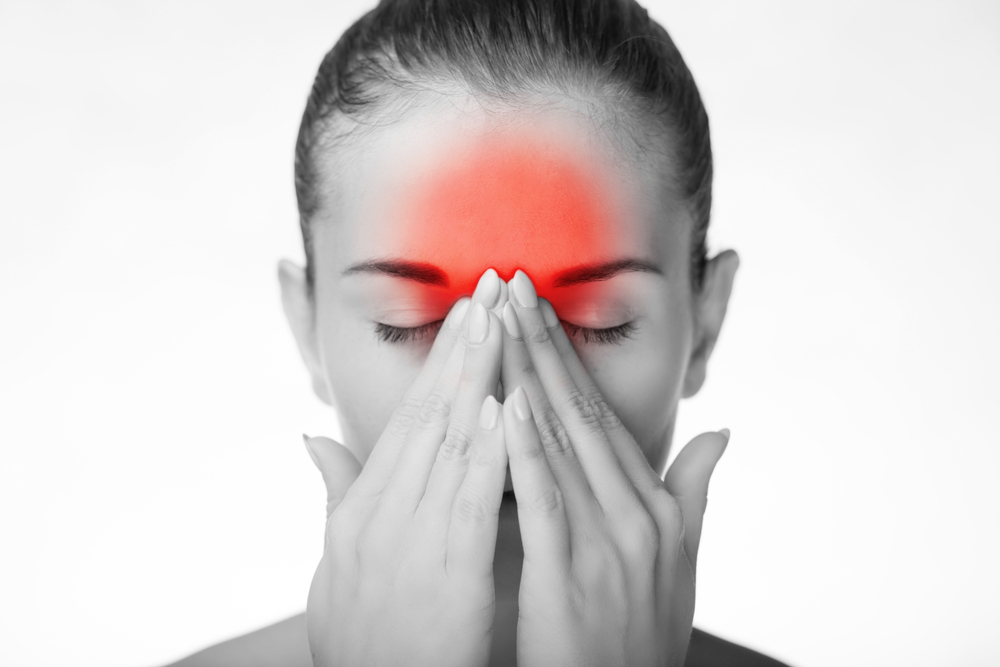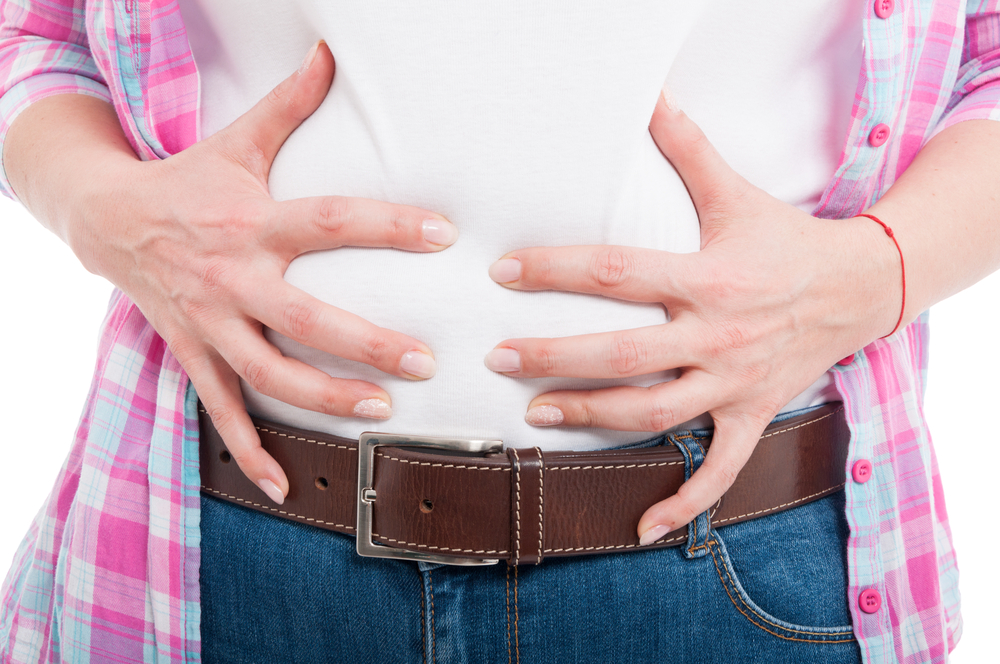Spending time in nature boosts your health

Countless studies show that spending time in parks and other green spaces has a positive impact on everything from stress levels to heart health and now a study shows the number of hours we need to spend in the big outdoors to gain maximum benefits.
And the answer? 120 minutes a week. Researchers from the University of Exeter analysed the data of more than 20,000 people who were asked to record their activities in the past week as well as rate their overall health and wellbeing.
The results showed that those who had spent at least two hours a week in nature were significantly more likely to report being in good health and feeling satisfied with their lives than those who had spent little or no time outside in green spaces[i].
Weight loss could reduce the severity of migraines

Migraines can seriously disrupt day-to-day life but now research from the University of Padua[ii] suggests if you are a sufferer and overweight, dropping a few pounds could help.
‘When people lose weight, the number of days per month with migraine decreases, as does pain severity and headache attack duration,’ says Claudio Pagano who led the study. It is not known exactly why but it’s thought that weight loss helps reduce inflammation within the body as well as being linked to healthier lifestyle habits all of which may help improve headaches.
Cognitive Behavioural Therapy could help IBS

Up to one in five of us suffer bloating, abdominal pain and other debilitating symptoms of Irritable Bowel Syndrome – aka IBS – which can be hard to treat. But now a new study[iii] has found that cognitive behavioural therapy (CBT), delivered remotely by phone or online and specifically tailored to IBS patients may halve the severity of symptoms compared with standard medication.
The findings were so successful that it’s being considered for the NHS and could be available within months.
Research shows women perform better in hotter environments

Hot summer days are here and with it some good news for women in the workplace who find it hard to think and concentrate in the heat. According to a recent study carried out by German and American researchers[iv] when a group of women were given maths and verbal tests at temperatures ranging from 16 to 32C women were found to perform better at the higher end. Men, however, did better in cooler temperatures. Meanwhile, the herbal remedy rhodiola has been shown to help boost concentration as well as help improve mental and physical performance under stress[v].
[i] https://www.exeter.ac.uk/news/featurednews/title_720059_en.html
[ii] www.sciencedaily.com/releases/2019/03/190323145207.htm
[iii] https://www.nihr.ac.uk/news/cognitive-behavioural-therapy-can-provide-better-long-term-relief-for-ibs-symptoms-than-standard-treatment-research-finds/10813
[iv] https://doi.org/10.1371/journal.pone.0216362
[v] www.ncbi.nlm.nih.gov/pubmed/24659935




















Add comment